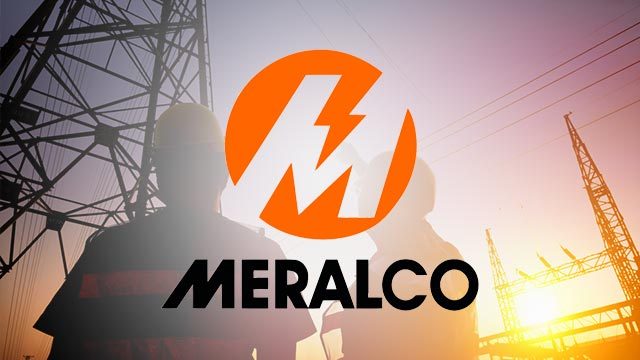SUMMARY
This is AI generated summarization, which may have errors. For context, always refer to the full article.

MANILA, Philippines – The Supreme Court (SC) ordered the Energy Regulatory Commission (ERC) and the Manila Electric Company (Meralco) to explain the legality of charging bill deposits to consumers.
The SC en banc issued a resolution asking the ERC and Meralco to comment on the petition filed by the Makabayan bloc last April, the SC’s Public Information Office said on Tuesday, August 6.
“Acting on the petition for certiorari, the Court resolved, without giving due course to the petition, to require the respondents to comment thereon within 10 days from notice hereof,” the resolution said.
The en banc also asked the Commission on Audit (COA) to submit an explanation as well. Makabayan’s petition had asked the SC to compel COA to conduct an audit and find out just how much bill deposits have been gotten from consumers.
What are bill deposits?
Consumers pay a bill deposit that serves as security for unpaid bills. It is equivalent to the estimated billing for one month.
The ERC defines bill deposits as being “required from customers by distribution utilities of new and/or additional service equivalent to the estimated billing for one month to guarantee payment of bills.”
According to Makabayan’s petition, the bill deposit automatically increases if the actual bill increases.
For example, a consumer who paid a bill deposit of P1,500 when he had his connection installed would have to pay an additional P500 for his bill deposit when his average monthly consumption goes up to P2,000.
While bill deposits can be refunded, a delay in payment would default the deposit.
Bill deposits are authorized through several ERC issuances. Makabayan’s petition argues that these issuances violate Republic Act No. 9136 or the Electric Power Industry Reform Act (EPIRA).
The petition said Section 23 of EPIRA only authorizes distribution utilities such as Meralco to impose and collect distribution wheeling charges, connection fees, and the retail rate.
“Bill deposit, defined in the Magna Carta and elsewhere, as a mere guarantee for the payment of bills, obviously does not form part of retail rate,” said Makabayan. – Rappler.com
Add a comment
How does this make you feel?
There are no comments yet. Add your comment to start the conversation.